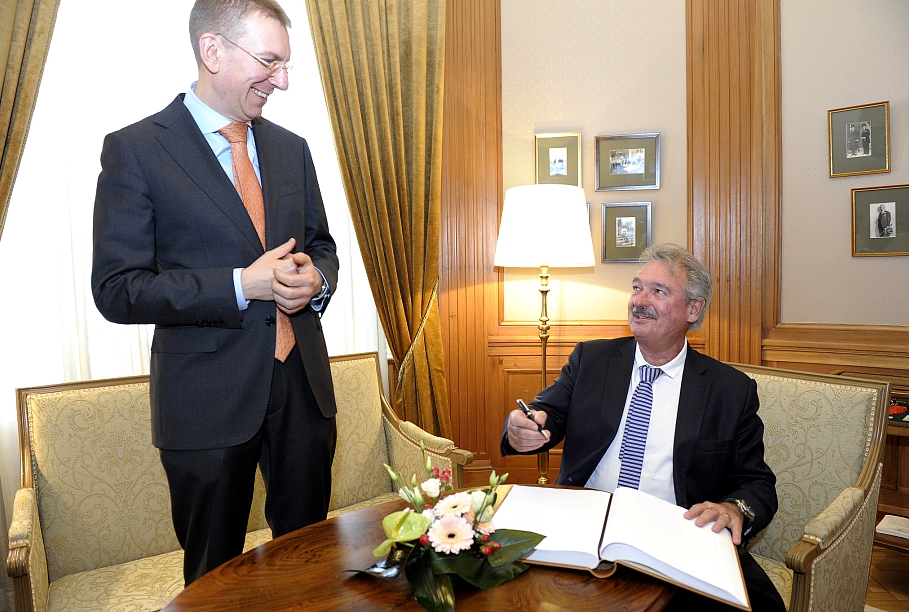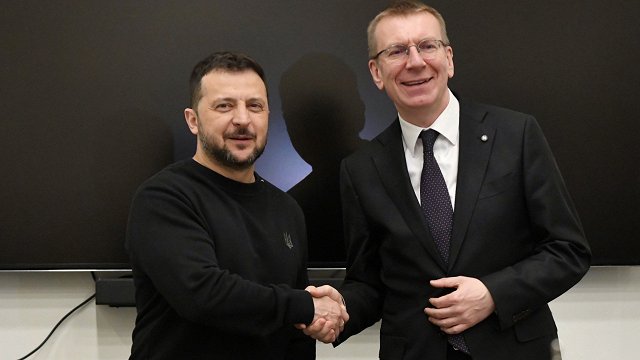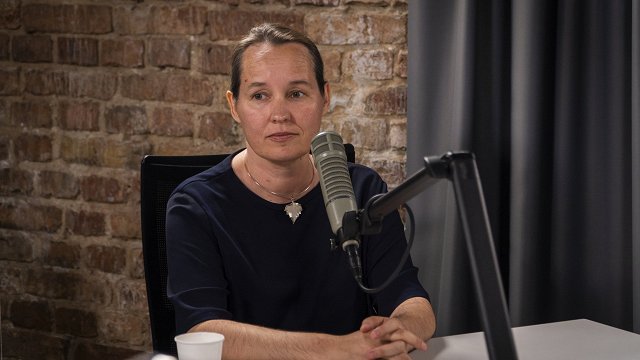"Small countries have to work together," said Latvia's Edgars Rinkevics after a meeting with his colleague in Riga, adding:
"We see no alternative to the European Union.
Speaking shortly before UK Prime Minister confirmed that her country would have no chance of remaining within the single European market, Luxembourg's experienced Foreign Minister Jean Asselborn said it was important the rest of the EU remained united.
"I think we'll stick together and try to bring Europe in a good direction," he said.
"The future of Europe does not depend upon the elected president of the US nor the Prime Minister of the UK, but it is up to countries like Latvia and Luxembourg to fight for the wealth of not only our generation but other generations living in the 21st century."
"We cannot punish a country that has the intention to leave the European Union but also not the contrary. I think you understand.
"The decision to lay Article 50 on the table will be taken soon. Then the negotiation can start. We have to finish this ['Brexit] before the election in 2019... We want to have good relations with the UK but the UK will no more have the profit of the common market. That's clear too."
Asselborn also hinted that Europe should not defer to the City of London as the continent's financial center.
"Maybe in the future there will be a free trade agreement between the European Union and Britain... On the other side Luxembourg has a finance center. There are interests - European interests - we have to defend the interests of the European Union."
Both ministers also defended NATO in response to reent comments from incoming US PResident Donald Trump, who had described it as "obsolete".
"We see NATO as an organization that is as important today, as significant as it was in 1949 at the very beginning," said Rinkevics.
Flower Laying at Freedom Monument in framework of 25th anniv. of restoration of diplo. relations LU & LV w/ FM @edgarsrinkevics & #Asselborn pic.twitter.com/wvLZazZjQe
— MFA Luxembourg (@MFA_Lu) January 17, 2017






























